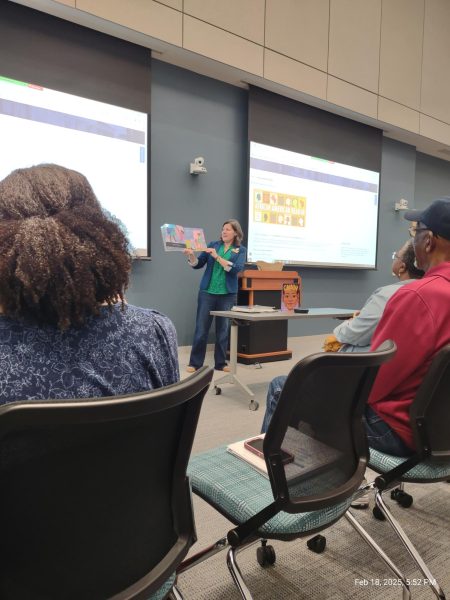Sleepy Seahawks: Tips for getting a solid night’s sleep
Since the start of the semester, have you noticed you’ve been waking up in the morning and still feeling tired? The beginning and end of every semester are some of the hardest times for college students to get back into their natural rhythms, including sleeping regimens. Here are some ways to ease those transitions and help you get a solid night’s sleep that leaves you with plenty of energy for the next day.
1. Stick to a schedule
As a college student, this may be one of the most challenging, but also most beneficial tricks when it comes to sleeping better. Waking up and going to sleep at the same time regulates your body’s natural clock, also known as your “circadian rhythm.” It could help you fall asleep and wake up more naturally each day. Set that alarm, and when it goes off the first time, bite the bullet and get out of bed.
2. Exercise more
Exercising has been proven to have tremendous sleep benefits in the long run. The National Sleep Foundation states that “[v]igorous exercise is best, but even light exercise is better than no activity. Exercise at any time of day, but not at the expense of your sleep.”
People that regularly exercise experience a deeper sleep during the night and feel more rested and relaxed throughout the day that those that do not exercise at all. The National Sleep Foundation writes that the important thing when exercising throughout the day is to make it a habit and to time when you exercise right. Exercising too close to when you go to bed can throw off your metabolism and have the opposite effect on you.
3. Eat the right food
Food plays an important role in our sleep cycle. A good rule of thumb is to not eat anything else after you eat dinner at night or at least two hours before bed. Toss out those midnight snacks!
“I make tea and add about two tablespoons of cherry juice because cherries have natural melatonin that make you sleepy. I drink it when my mind is busy,” says Katie Clements, a Biology major and former pre-nursing student, about her nighttime rituals.
The Help Guide, a website for improving mental and emotional health, suggests that instead of drinking that late-night cup of coffee or eating that leftover pizza, to consider trying some of these options instead: half a turkey sandwich, a small bowl of whole-grain, low-sugar cereal, milk or yogurt, or a banana. Turkey, as well as some of the other foods listed, have certain chemicals that promote melatonin secretion.
4. Try to improve your sleeping environment
What do I mean by this one? Well, for example, I recently invested in an oil diffuser and I can honestly say that it has changed my life. It’s gotten difficult for me to sleep without the scent of lavender in my room because I find it so relaxing. Oil diffusers might not be your thing, though, so what else can you do to create a better sleeping environment? The UNCW Student Health Center suggests thinking about buying room-darkening curtains, lowering the temperature in your room to make it cooler or keeping the volume low in your room. Doing just one of these things will help your body wind down more at the end of the day.
5. Turn off your phone
This is a tough one. Going through emails, checking social media and even looking at random cooking videos can easily become a late-night ritual when really, these activities are detrimental to getting a good rest. Studies show that show that limiting your blue-light — the light produced by our phones and other electronic devices — intake before bed leads to a more normal flow of melatonin.
Marsha Todd, a professor from the UNCW College of Health and Human Services that teaches a class called “Creating Happiness and Wellbeing,” suggests “[trying] to avoid screen time one hour prior to going to bed. If you are tempted to check your phone in the middle of the night, charge or keep your phone in a different room.” Blue light is the light produced by our phones and other devices.
For more information on how to get the best rest possible, see the links below:
UNCW Student Health Center — “Instruction Sheet: Sleep Hygiene”
The National Sleep Foundation — “Healthy Sleep Tips”
Helpguide.org — “How to Sleep Better: Simple Steps to Getting a Good Night’s Sleep”











